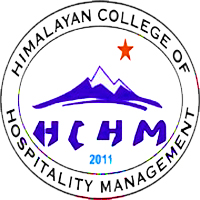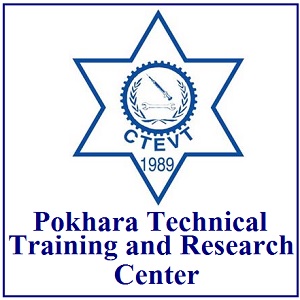Overview
Pre-Diploma in Culinary Arts – Pokhara School of Tourism and Hospitality Management
The Pre-Diploma in Culinary Arts at Pokhara School of Tourism and Hospitality Management, Fulbari, Pokhara, Kaski, is an 18-month technical education program affiliated with the Council for Technical Education and Vocational Training (CTEVT).
This course provides foundational training in culinary techniques, kitchen operations, food hygiene, and meal preparation. It is intended for students who aspire to start careers in the food and hospitality sector.
Curriculum Details
The course follows the standardized curriculum prescribed by CTEVT. It focuses on developing core kitchen competencies through both theoretical instruction and practical exposure.
Key areas of study include:
-
Basic cooking methods and techniques
-
Preparation of Nepali and continental dishes
-
Hygiene, sanitation, and safety practices
-
Introduction to bakery and confectionery
-
Food costing and menu planning
-
Nutrition and food science
-
Culinary mathematics
-
Communication and customer interaction
-
Workplace ethics and discipline
Assessment methods involve regular internal evaluations, practical tests, project work, and final examinations conducted by CTEVT.
Objectives
The primary objectives of this course are to:
-
Develop job-ready skills for entry-level kitchen roles
-
Build awareness of food safety and preparation standards
-
Introduce principles of nutrition, cost control, and menu development
-
Encourage a professional attitude and discipline in kitchen settings
-
Support students’ transition into employment or advanced culinary training
Scope
Graduates of this program can pursue employment in restaurants, hotels, catering companies, bakeries, and fast-food outlets. The course also supports learners interested in entrepreneurship within the food service sector. It provides a practical foundation for students who wish to progress into diploma or advanced-level hospitality courses.
Learning Outcomes
Upon completion, students will be able to:
-
Cook and present a range of basic dishes
-
Maintain hygiene standards in food preparation
-
Handle kitchen tools and equipment safely
-
Apply nutrition knowledge in meal planning
-
Participate effectively in a team-oriented kitchen environment
Skill Development Modules
Skill-based training is the core of this course. Students gain experience in:
-
Knife skills and ingredient handling
-
Cooking techniques for various cuisines
-
Bakery and pastry preparation
-
Kitchen organization and workstation setup
-
Time and task management under real service conditions
These skills are practiced through repeated kitchen sessions and guided demonstrations.
Teaching Methodology
The teaching model combines classroom learning with intensive practical sessions. Methods include:
-
Instructor-led theory classes
-
Live demonstrations in training kitchens
-
Hands-on practice and recipe development
-
Group-based learning and peer feedback
-
Visits to local restaurants and hospitality venues
The approach encourages active learning and builds real-world readiness.
Admission Requirements
To enroll in the program, applicants must:
-
Have passed the Secondary Education Examination (SEE)
-
Qualify through the entrance exam conducted by CTEVT
The annual intake is 40 students, including 4 scholarship seats. Tuition fees and other charges are set as per official CTEVT decisions.
Career Opportunities
This program opens doors to various entry-level roles in the food industry, such as:
-
Kitchen assistant
-
Commis chef
-
Pastry or bakery helper
-
Catering crew member
-
Line cook trainee
With further training and experience, graduates can explore supervisory roles or small business opportunities in food services.
Scholarships and Financial Aid
Of the 40 available seats, 4 are allocated for scholarships. These scholarships are provided under CTEVT's inclusive education policy, which supports students from underprivileged and marginalized communities.
Why Choose This Course?
This course suits students who wish to begin practical culinary training after SEE. It is ideal for those interested in hands-on learning and direct entry into the hospitality workforce. The school’s focus on kitchen readiness and student discipline helps learners adapt to real work environments.
Conclusion
The Pre-Diploma in Culinary Arts at Pokhara School of Tourism and Hospitality Management offers a career-starting pathway for SEE graduates seeking technical education in cooking and food service. With an accessible curriculum, practical training modules, and guidance under the national standard, this program builds strong foundations for employment or further study in Nepal’s growing hospitality sector.



















